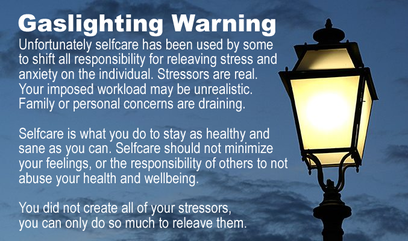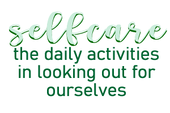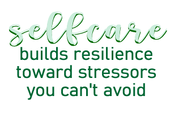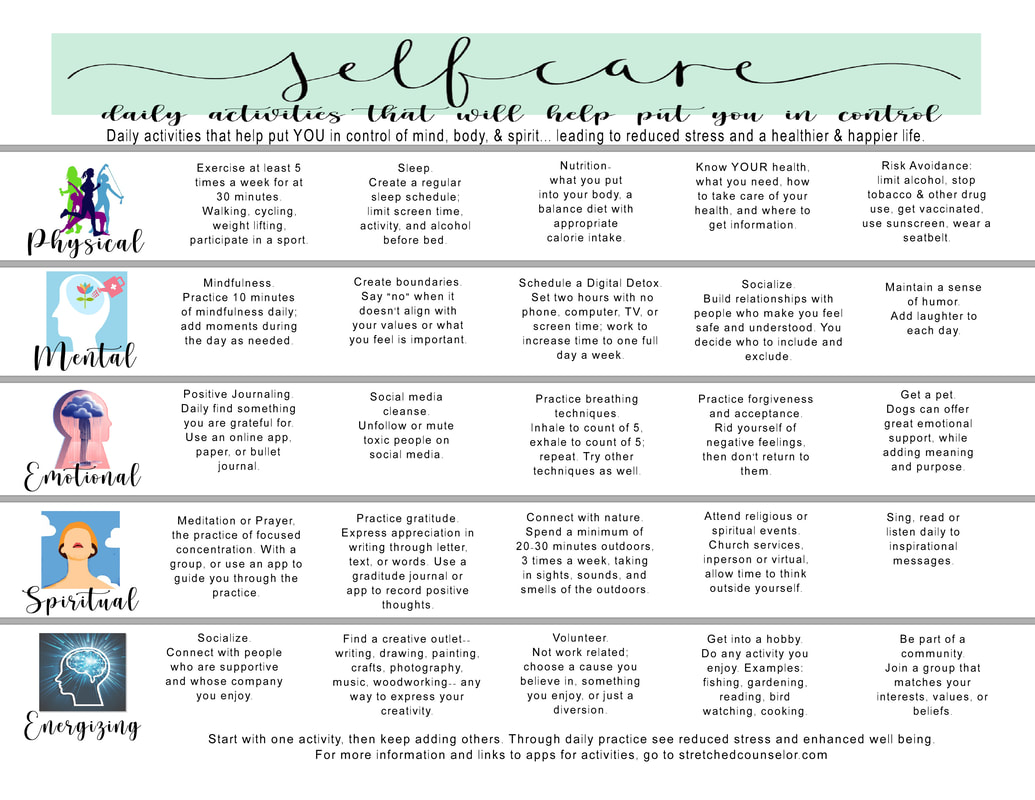|
Control is a common element that emerges when looking at all areas of selfcare. What areas do we feel are within our control? Where do we feel powerless? This sense of autonomy is linked to motivation, job satisfaction, and mood-- lose that feeling of control and we struggle to find energy and purpose, dread going to work, and have difficulty shaking the lows that seem to take over. So how can we move ourselves to the "control" side and have less on the "powerless" side?
Selfcare is about giving you the tools to take control of areas in your life. There will always be things outside our control-- the pandemic reminded us of that! The goal is to increase your feeling of directing your own thoughts and feelings, knowing your physical self and what's needed to make you healthy, understanding what gives you energy and what drains you. The activities and practices you intentionally add to your daily life are the path that will help you gain control, relieve stress, making you healthier and happier. And that's selfcare, you doing the things to take care of you. |
What selfcare is, and what it's notSelfcare is:
|
Selfcare is misunderstood |
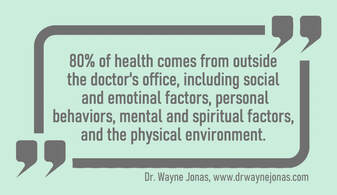
Most people don't put selfcare as a priority. Here are some few reasons why:
|
Taking control |
A common theme in all aspects of selfcare is establishing a personal feeling of control-- control of your physical, mental, and spiritual state. Loss of control leads to feeling of being overwhelmed, stress, that helpless feeling of spiraling downward. Taking steps to regain the sense of control will lead to more energy and lighten the stress level. Autonomy and feeling in control are also key to motivation, job satisfaction, and mood.
|
First step in gaining control |
First step in gaining control-- assess where you are, where you are doing well and what needs more attention. If you have strong work and life relationships, social may be a strength. But if the inability to unplug is zapping your energy, strengthening your mental and emotional response is likely needed.
A self-check of where you are at this moment in time will help sort this out. Your Self-Check |
Get started |
Next, make a plan. Choose activities and behaviors that will strengthen the areas that need nurturing, then gradually add them into your life. Why gradual or one at a time? Because you want to develop habits that will last. It generally takes consistently doing the same behavior for about three weeks before it becomes a habit.
Get started by going to the Make a Plan page. The chart below gives a few ideas of where to begin. |

